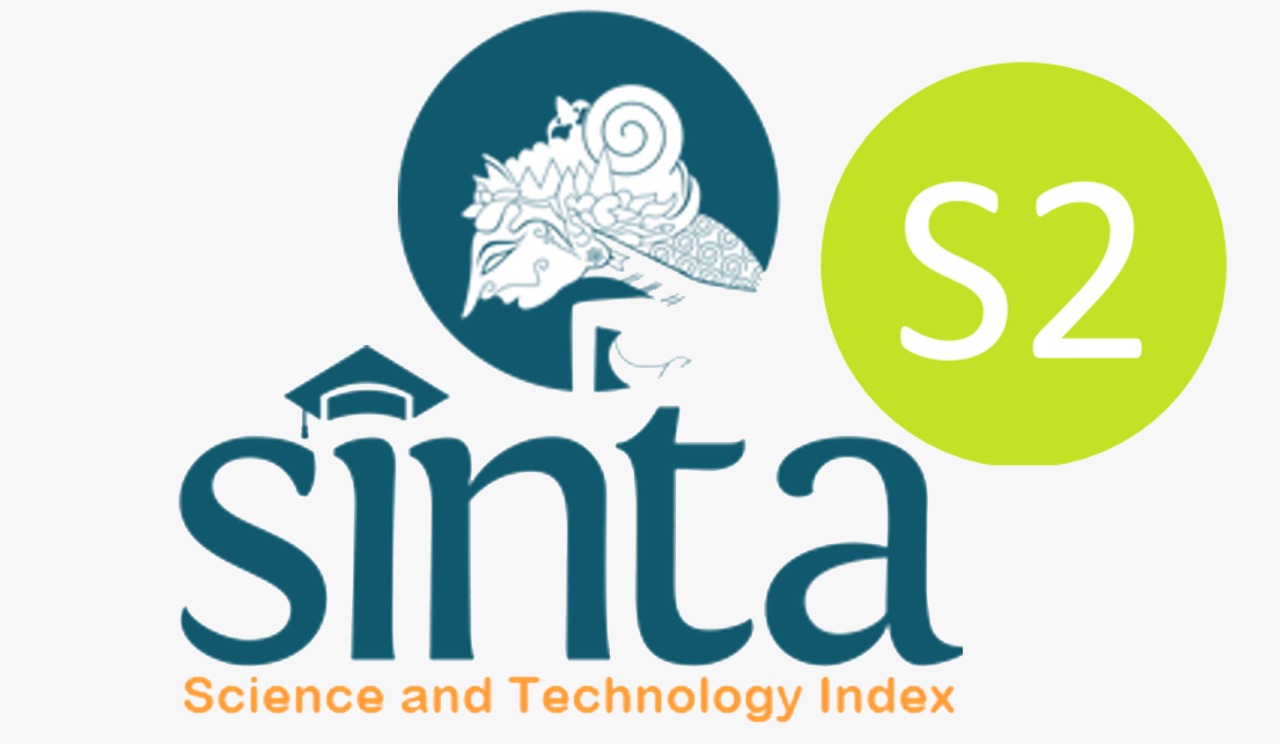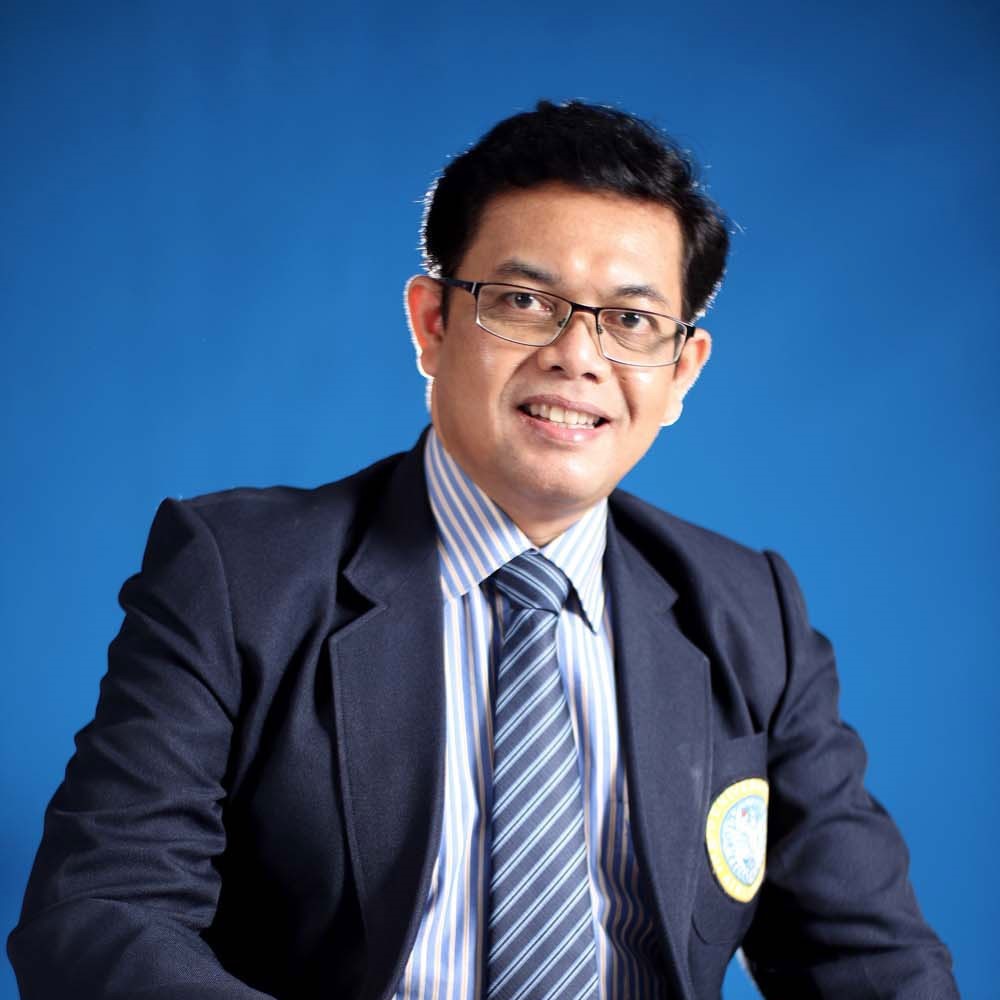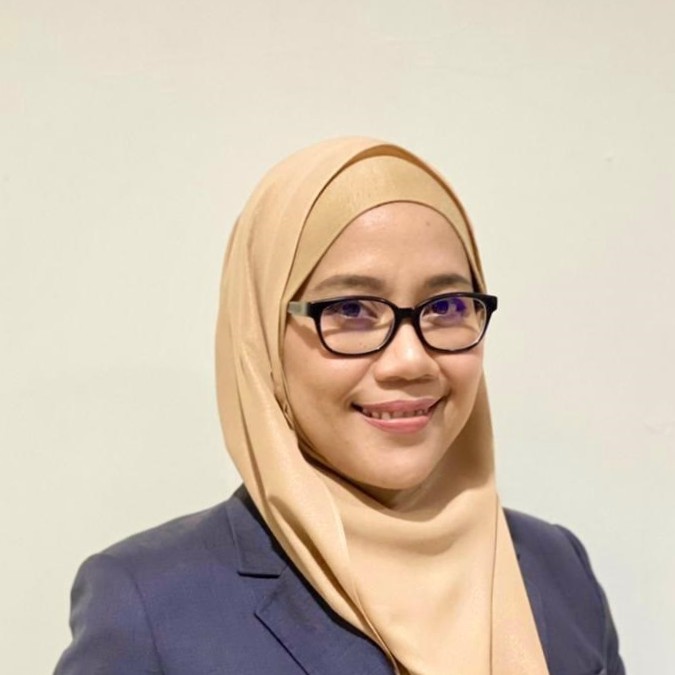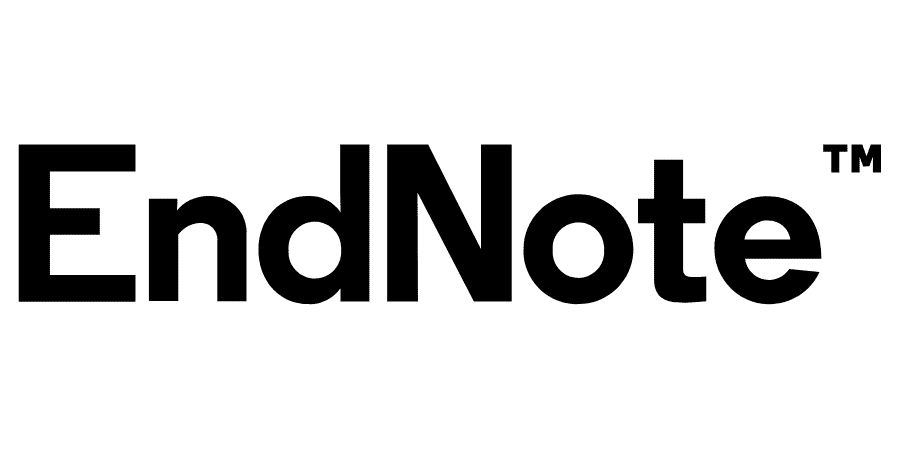PENGARUH KEMAMPUAN INTELEKTUAL, PEMBELAJARAN INDIVIDUAL DAN INTERNAL LOCUS OF CONTROL TERHADAP KOMPETENSI DAN KINERJA DOSEN (Studi Prodi Manajemen Terakreditasi B Pada Universitas Swasta di Surabaya)
Downloads
Thisstudyisintendedtotestandanalyzethe intellectual ability, individual learning and internal locus of control to the competence and performance of Lecturers of Economics Faculties of the Accredited "B” Private Universities in Surabaya.
This study is classified as the type of research on population. Population of research covers the whole permanent lecturers of the Economics Faculties of the Accredited "B” Private Universities in Surabaya, with 100 respondents as the research samples. The samples for this research are taken proportionally by using the proportional stratified random sampling technique, whereas data of the research are analyzed by using Structural Equation Modeling / SEM) with the help of computer application program of AMOS 18.0 Version.
Outputsofthesefindings indicate that the variables of intellectual ability, individual learning and internal locus of control have direct, significant and positive influence to the performance of lecturers, and also indirect, significant and positive influence to the competence; whereas the competence has direct, significant and positive influence to the performance of the lecturers. Thus, they are complex. Outputs of this finding combine or integrate variables of empirical findings from several researchers, so that the empirical findings on relation among variables are integrated into one complete model.
These findings indicate that in order to improve performance of the lecturers can be carried out through the trias academica (three services of university) as well as its supporting elements. Private Universities are suggested to improve the lecturers' competence through pedagogical competence, personality, social and professional competence so that they can improve their performance through the inter-related programs of study.
Anderson, C.R. 1997. Locus of Control, Coping Behaviors, and Performance in a Stress Setting longitudinal Study. Journal of Applied Psychology, pp.446-51.
Arikunto, Suharsimi. 1993. Manajemen Pengajaran Secara Manusia. Jakarta: PT. Rineka Cipta.
Absah, Yeni. 2007. Pengaruh Kemampuan Pembelajaran Organisasi Terhadap Kompetensi, Tingkat Diversifikasi Dan Kinerja Perguruan Tinggi Swasta Di Sumatera Utara. Disertasi, Pascasarjana, Surabaya: Universitas Airlangga.
Ayudiati, S.E. 2010. Analisis Pengaruh Locus of Control Terhadap Kinerja Dengan Etika Kerja Islam Sebagai Variabel Moderating (Studi Pada Karyawan Tetap Bank Jateng Semarang). Skripsi, (tidak dipublikasikan), Semarang: Universitas Diponegoro.
Becher, Brian, M. Huselid and D. Ulrich. 2001. The HR Scorecard Linking People, Strategy and Performance.
Boston: Havard Business School Press.
Boyatzis A.R. 1982. The Competent Manager: A Model for Effective Performance. New York: John Wiley & Sons, Inc.
Chaston I., B. Badger and E.S. Sadler. 2000. Organizational Learning Style and Competences. Group Organizational Learning Development Centre. Plymouth Business School, University of Playmouth, UK.
Cita D.J. and E.R. Benjamin. 1998. Competency-Based Pay: A Concept in Evolution. Compensation and Benefit Review: September-Oktober, pp. 21-28.
Corsini, Ali. And A.J. Marsella. 1983. Personality Theories: Research and Assesment. USA: University of Hawai at Manoa-Peacock Published, Inc.
Dale, Margaret. 2003. Developing Management Skills, Techniques For Improving Learning Performance, Jakarta: Penerbit Gramedia.
Endah, Setyowati. 2002. Pengembangan SDM Berbasis Kompetensi, Solusi untuk Meningkatkan Kinerja Organisasi. Jurnal Ekonomi & Bisnis, Volume IV,No.1, September, hal. 21-39.
Feryal, C. 2010. Student Teachers Perceptions of Teacher Competence and Their Attributins for Success and Failure in Learning. Uluslararası Sosyal Arastırmalar Dergisi. The Journal of International Social Research, Volume 3 / 10,pp.213-217.
Friedman, H.H., L.W. Friedman and S. Pollack. 2005. Transforming a University from a Teaching Organization to a Learning Organization. Review od Business, 26 (3), pp.31-35.
Goleman, Daniel. 2002. Emotional Intelegence-Kecerdasan Emosional, Terjemahan Alex Tri Kancoro Widodo. Jakarta: PT. Gramedia.
Henderson .R, and I. Cockburn. 1994. Measuring Competence ? Exploring Firm Effects in Phramaceutical Research.
Strategic Management Journal, Vol.15, No.2, pp.63-84.
Hornby, D. and R. Thomas. 1989. Towards a Better Standard of Management. Personnel Management, Vol.21 No.1, pp.52-55, Pan, London.
Howel, J.M. and B.J. Avolio. 1983. Transformational Leadership, Transactional Leadership, Locus of Control and Support for Innovation:Key Predictors of Consolidated business Unit Performance. Journal of Applied Psychology, 78 (6):pp.891-902.
Hyatt, T., and D. Prawitt. 2001. Does Congruence Between Audit Structure and Auditors Locus of Control
Affect Job Performance?, The Accounting Review 76,pp.60-89.
Jackofsy, E. and Peters, L., 1983, The Hypothesized Effects of Ability in Turnover Process, Academy of Management Review, No.8, 46-49.
Jung, J. 1978. Understanding Human Motivation: A Cognitive Approach. New York: Mc.Millan.
Kak, Neeraj, B. Burkhalter, and M.A. Cooper. 2001. Measuring the Competence of Healthcare Providers. Issue Paper, Volume No. 2, Issue 1.
Khandekar, A. and A. Sharma. 2006. Organizational Learning and Performmance: Understanding Indian Scenario in Present Global Context. Education and Training, Vol.48, No.8/9,pp.682-695.
King, A.W. and C.P. Zeithaml. 1993. Competencies andFirm Performance: Examining the Causal Ambiguity Paradox. Strategic Management Journal, Vol.22, No.1,pp.75-99, January.
Kogut, B. and U.Zander. 1992. Knowledge of the Firm, Combinative Capabilities, and the Replications of Tecnology. Organization Science, Vol.3,pp.383-397.
Kustini, Kuntoro. 2004. Analisis Pengaruh Locus of Control Orientasi Tujuan Pembelajaran dan Lingkungan Kerja Terhadap Self Ecicacy dan Transfer Pelatihan Karyawan PT. Telkom Kandatel Surabaya. Disertasi, Pascasarjana Universitas Airlangga Surabaya.
Leyking K., P. Chikova and P. Loos. 2007. Competency-and Process-Driven e-Learning-a Model-Based Approach. The Electronic Journal of e-Learning, Vol 5. Issue 3, pp 183-194.
Lindenberger, U., and P.B. Baltes. 1997. Intellectual functioning in old and Study. very old age: Cross-Sectional Results from The Berlin Aging. Study Psy-Chology and Aging, 12, 410–432.
Lopez, S.P., J. M. Peon, and C.J.V. Ordas. 2005. Organizational Learning as a Determining Factor in Business Performance. The Learning Organization, Vol.12 No.3, pp.227-145.
Luthans, Fred. 2006. Organization Behavior. Englewood Cliff, New Jersey: Prentice-Hall, Inc.
Markku, R. 1994. Extrinsic Occupational Needs and The Relationship Between Need for Achievement and Locus of Control. Journal of Psychology ,128 (5), 577-582.
Mathis, Robert L. dan J.H. Jackson. 2006. Manajemen Sumber Daya Manusia. Jakarta: Penerbit Salemba Empat. Mills, D.Q. and B. Friesen. 1992. The Learning Organization. European Management Journal, Vol.10 No.2 June, pp.146-156.
Mitchell, T.R., C.M. Smyser, and S.E. Weed. 1997. Locus of Control: Supervision and Work Satisfaction. Academy of Management Journal, 18, 628-30.
Munene, J.C., F. Mulira and F. Kasekende. 2008. Teacher Operant Competences and Organisational Citizenship Behaviour in the Performance of Ugandan Primary Schools,Kampala, Uganda National Examination Board.
O'Keefe, T. 2002. Organizational Learning: a New Perspective. Journal of European Industrial Training, 26 (2), pp. Organisasi Belajar: perspektif baru. Journal of European Industrial Training, 26 (2), pp. 130-141.130-141.
Pavitt, K. 1990. What We Know about the Strategic Management of Technology California. Management Review, Vol.32, No.3, pp.17-26.
Pedler, P.M., Boydell, T.H., Burgoyne, J. 1988. Learning Company: Project Report Training Agency. New York: Mc.Graw-Hill Maiden Head.
Raka, J.T. 1980. Pedoman Umum Alat Penilaian Kemampuan Guru dan Dosen. Jakarta: Dirjen Pendidikan Tinggi Depdikbud.
Ramsden, P. 1992. Learning to Teach in Higher Education. London and New York: Routledge.
Rivai, Veithzal. 2005. Manajemen Sumber Daya Manusia Untuk Perusahaan. (Terjemahan Basri). Jakarta: Raja Grafindo Persada.
Robbins, S.P. dan J.Timothy A. 2008, Perilaku Organisasi, Buku 1 dan 2. Jakarta: Salemba Empat.
Robotham, David. 1996.Conpetences: Measuring the Immeasurable, Management Development.Review. Vol. 9.No.5.pp.25-29.
Rotter, J.B., J. Chance, andJ. Phares. 1972.Applications of a Social Learning Theory ofPersonality. Englewood Cliffs. NJ: Prentice Hall. Englewood Cliffs, NJ: Prentice Hall.
_______. 1990.Internal versus External Control of Reinforcement: A Case History of a Variable, American Psychologis.No. 45, 489–493.
Sahertian P.A.. 2000.Konsep Dasar dan Teknik Supervisi Pendidikan Dalam Rangka Pengembangan SDM, Jakarta: Rineka Cipta.
Sheldon, Pavica. 2010.Host communication competenceandlocusofcontrolof international students in the United States.Journal of Intercultural Communication. Issue 24, October.ISSN 1404-1634.
Senge, Peter M. 1990.The Fifth Discipline:The Art and Practice of the Learning Organization. London: Random House.
______, 1990 The Fifth Discipline: The Art and Practice of the Learning Organization,1st edition, 1994 - paperback edition, xxiii, pp. 413, ISBN 0-385-26095-4.
Shaikhah, A., S.N. AlShawi and W. Al-Karaghouli. 2009.The Effectof Education and Training on Competency.EMCIS, Abu Dhabi, UAE.
Silverman, L. 2008.The Measurement of Giftedness.In LV Shavinina (Ed.).The InternationalHandbook on Giftedness, Dordrecht, the Netherlands: Springer Science and Business Media.
Siu, Oi-ling and C.L. Cooper. 1998.A Study of Occupational Stress, Job Satisfaction and Quitting Intention in Hongkong Firms: The Role of Locus of Control and Organizational Commitment.Stress Medicine. Vol.14:pp.55-56.
Sofo, Francesco. 1999.Human Resource Development, Perspective, Roles andPractice Choice. Business and Professional Publishing, Warriewood, NWS.
Sonhadji, A. 1990.Teori Organisasi dan Keorganisasian Pendidikan. Jakarta: Rineka Cipta.
Spector. 1998.Development of The Work Locus of Control Scale.Journal of Occupation Pshycology. Vol.61: pp.335-340.
Spencer, M.L. andM.S. Spencer. 1993.Competence at Work:Models for Superrior Performance. John Wily & Son,Inc, New York,USA.
Sturman, M.C., C.O. Trevor, J.W. Boudreau, andB. Gerhart. 2007.Is it Worth it to Win The Talent War?
Evaluating the Utility of Performance-Based Pay.Personnel Psychology, 56(4), 997-1035.
Suarni. 2004.Meningkatkan Motivasi Berprestasi Siswa SMU Negeri Di Bali Dengan Strategi Pengelolaan Diri Model Yates (Studi Kuasi Eksperimental Pada Siswa Kelas I SMU Di Bali).Disertasi, Yogyakarta: UGM.
Sub Bagian Akreditasi dan Publikasi Koordinasi Perguruan Tinggi Swasta Wilayah VII Jawa Timur, 2010, DIREKTORI, Perguruan Tinggi Swasta Kopertis Wilayah VII Jawa Timur.
Syaiful, Khoiruddin, dan Rahman. 2009.Analisis Pengaruh Locus of Control dan Kepercayaan Terhadap Pemberdayaan Karyawan Dalam Meningkatkan Kinerja karyawan.Tesi. (Tidak Dipublikasikan), Program Magister Manajemen Pascasarjana, Semarang: Universitas Diponegoro.
Vichita, Vathanophasand J. Thaingam. 2007.Competency Requirements for Effective Job Performance in The Tai Public Sector.Contemporary Management Research. Vol. 3, No.1,pp. 45-70, March.
Wang, Y. and H. Lo. 2003. Sustomer-Focused Performance and the Dynamic Model for Competence Building and Leveraging: A Resource-Based View.Journal of Management Development. Vol.22,No.6,pp.483-526.
Yuliana, Eka. 2006.Pengaruh Kemampuan Intelektual dan Motivasi Kerja Terhadap Kinerja Guru Mata Diklat Produktif Penjualan Di SMK Bisnis dan Manajemen.Tesis.(Tidak Dipublikasikan), Semarang: Universitas Diponegoro.
Yunanto, Agus. 2008.Pengaruh Eksistensi Diri, Keterkaitan Sosial, Pertumbuhan Individu dan Peningkatan Kemampuan Intelektual Terhadap Prestasi Kerja Pegawai Kantor Pelayanan Pajak Pratama Di Surakarta.Tesis.(Tidak Dipublikasikan). Semarang: Universitas Diponegoro.
Zulkaida, A. 2007.Pengaruh Locus of Control dan Efikasi Diri Terhadap Kematangan Karir Siswa Sekolah Menengah Atas (SMA).Proceeding Pesat, 2, B1-B4. Available FTP: e_journal.gunadarma.ac.id, diakses 4 Desember 2008.
______. 2006.Undang-Undang nomor 14 tahun 2005 tentang Guru dan Dosen Bandung: Citra Umbara.
The journal allows the author to hold the copyright of the article without restrictions.
The journal allows the author(s) to retain publishing rights without restrictions
The legal formal aspect of journal publication accessibility refers to Creative Commons Attribution Share-Alike (CC BY-SA).
Jurnal Ekonomi dan Bisnis Airlangga (JEBA) is licensed under a Creative Commons Attribution-ShareAlike 4.0 International License

















